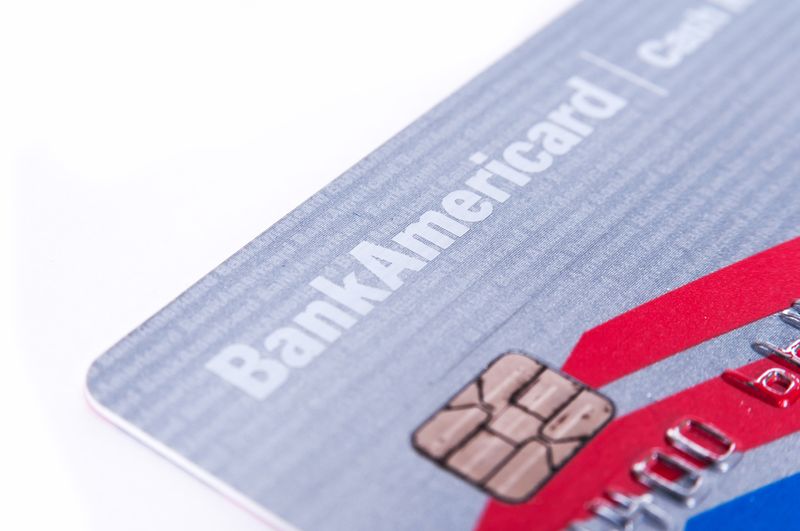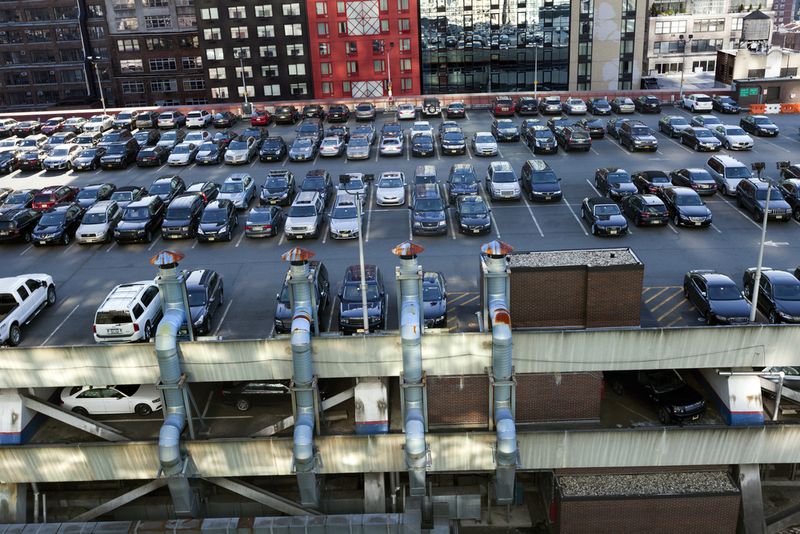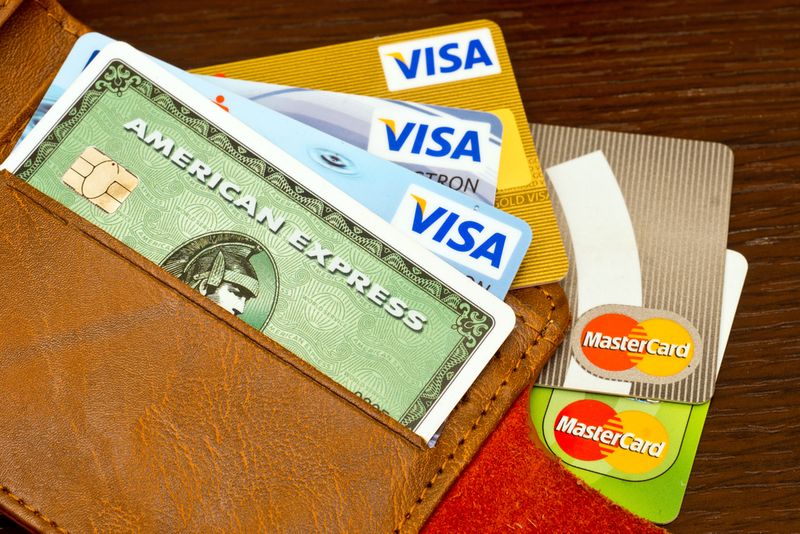
Depending on what side of the coin (literally) that you’re on, you may view the slide in the Canadian Dollar with glee or with dismay. When it comes to the U.S. dollar in particular, the gap is wide, with economic signs suggesting that parity is but a distant memory -and that this lopsided relationship is set to continue (and even deepen) over the months to come. This has some Canadian travelers rethinking that cross border journey altogether. Regardless if the dollar is up or down, you may need to travel to the U.S. though -whether for business or to escape from the Canadian winter to linger on a South Florida beach (yes that qualifies as a need). Here are some tips to help your tight dollars go further:
Advertisement
7. Book Directly With Hotels
Calling around to hotels directly to get the best prices is a great way to shave off of your overall travel budget, but becomes an even more important strategy with the current currency pressures. At the very least, hotels will almost always match what prices you find online. More often than not, they’ll give you an additional small discount because you are dealing with them directly. There is always the option when you are talking to a real, live person that you can negotiate with them as well. If they won’t wiggle on price, try to get other things thrown in, like free breakfast, free parking or a break on resort/hotel fees. Every little bit helps!

6. Put In On My Card
If you don’t have one already, you should consider getting a U.S. dollar credit card, if you are going to be traveling to the U.S. frequently (i.e. more than about three times a year). You are generally able to get the best exchange rate that way. Your second best choice for favorable currency exchange? Use your regular CDN credit card wherever you can. You’ll still receive a decent exchange rate and it’s easier to track your expenses- so is especially good for larger costs- like your hotel room, for instance. Third choice for the best rate? Your debit card- both for purchases, and a way of securing cash through the ATM.

5. Think Outside the Holiday Box
Granted, you may have little choice on your days for travel if you’re traveling for business, but if you’re on vacation, your best bet to not getting hammered by the falling loonie is to try to be off-peak with your dates and days. Weekends are often cheaper than weekdays. If the school year doesn’t affect you, consider taking your summer holiday in September or October. The weather is still mild (downright warm in some U.S. destinations), crowds have dissipated and deals are plentiful. Depending on where you are going, the risk of hurricanes and seasonal storms peaks through September, but historically dip towards October. Either way, hotel managers are more aggressive in trying to fill their rooms in the off-season, and you could really benefit.

4. Europe?
Maybe you’ve gone to Florida/South Carolina/California/ etc. etc. every year for years for your holiday downtime, but with the dollar being what it is, this might be the year to consider another destination. Maybe this is the year to scratch that European tour off of your bucket list, for instance. While the Canadian dollar has slipped slightly against the Euro, at the writing of this article, it still has some traction against that currency. Brazil and New Zealand are also Canadian currency friendly as well.

Advertisement
3. Park It
Don’t forget all of the other expenses that you’ll incur while traveling- like gas and parking. Select a hotel that offers free parking. If you are staying in a major center where parking is at a premium, consider staying on the outskirts (where rooms are cheaper and parking is likely free) and hop on local transit to get into the city (Boston, Washington D.C. and New York City are good examples for this. If you are driving yourself, pick a central parking spot and use public transit wherever possible. Better yet, walk as much as you can, and save on health club fees for the gym at your hotel. You’ve already had your workout.

2. Cut Down Your Meal Costs
Meal costs are one of those variables where you can seriously save some money- or not- depending on how much planning you do. It is well worth it at the moment to book accommodations that have a kitchen. This will cost a little more upfront, but you will more than recoup the cost over the duration of your holiday. If a full kitchen isn’t possible, settle for a room with a fridge and/or microwave. You can pack up your leftovers at the restaurant, and reheat the next day.

1. Get The Point
Have you been saving those rewards points for a rainy day? Today’s the day! Cash them in now to defray the amount of cash coming out of your pocket. Dollar for dollar you may not get as much as you used to, but cashing in points is a great way to leverage yourself against your own personal currency fluctuation.

Advertisement